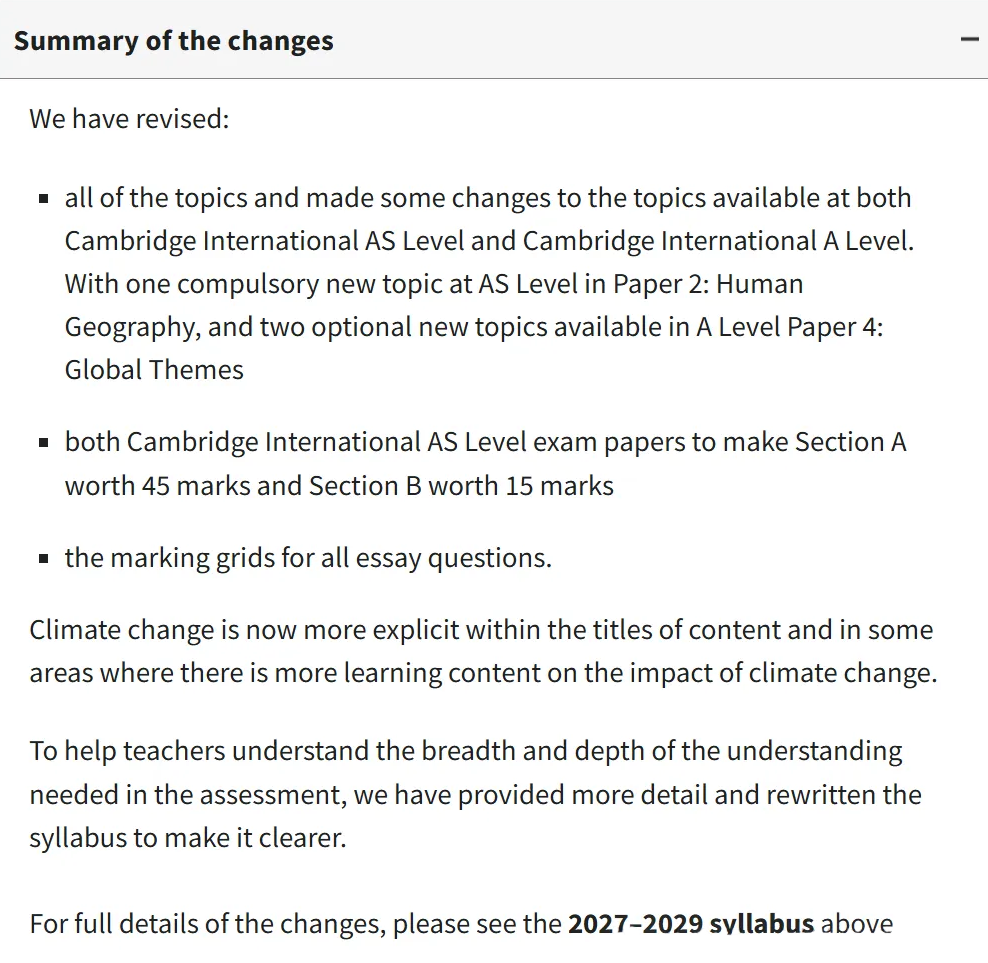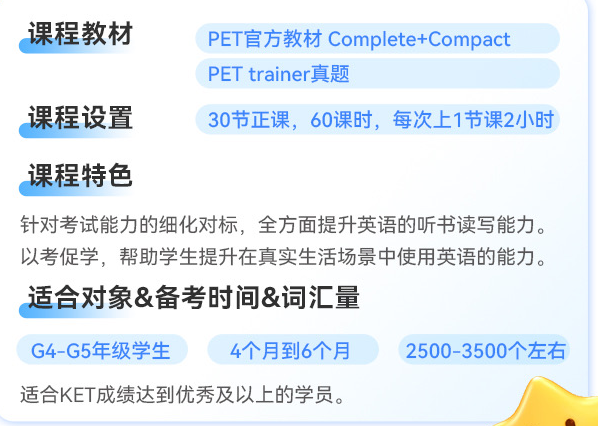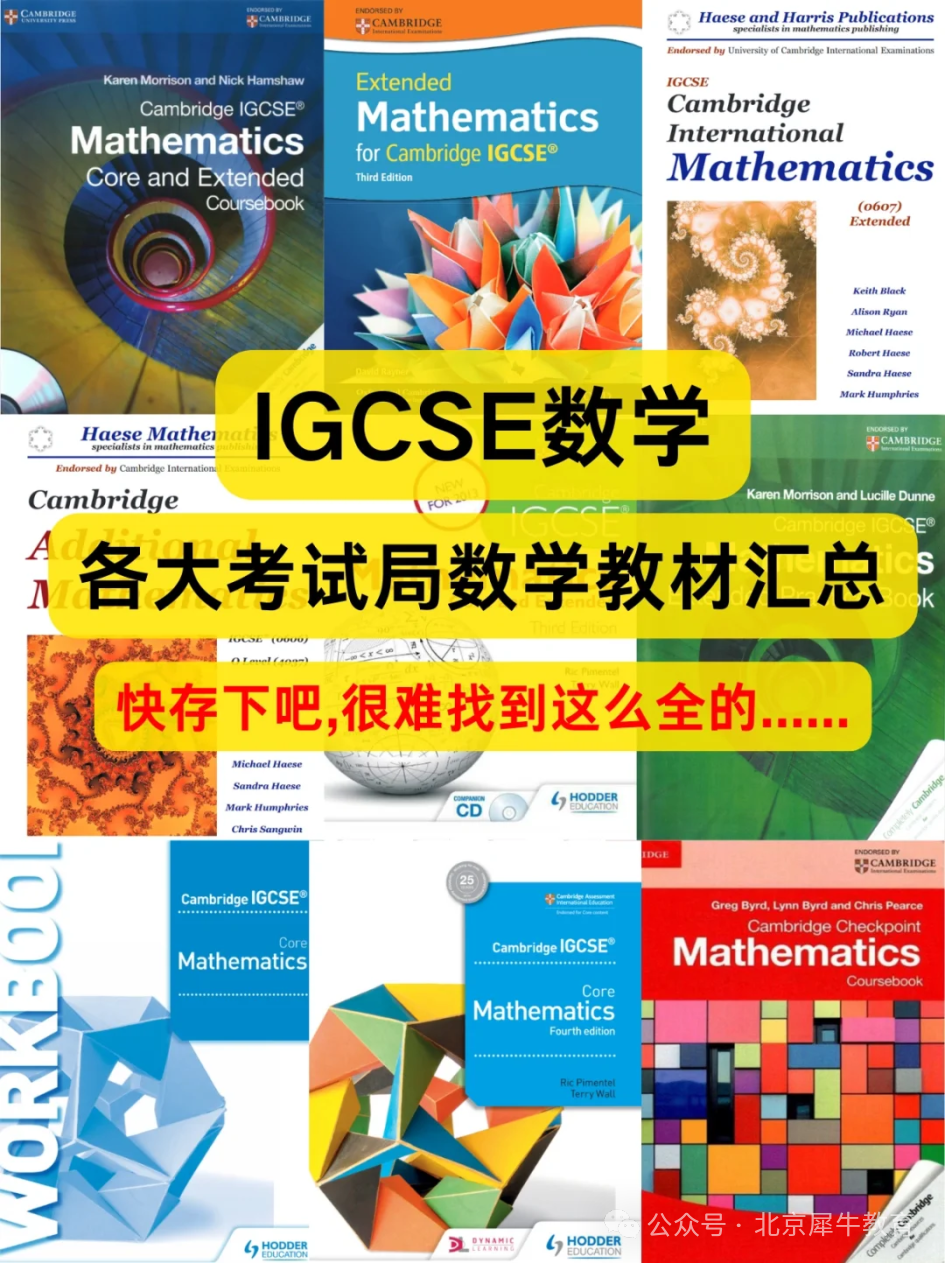要让招生官记住自己,要打动他们,最好的方法就是让他们产生共鸣。说得容易,做着难。因为它需要文字细腻,需要真情实感,最重要的,它需要是每个人都会经历、都曾经历的东西,比如挫折和不幸。刚好,今天要学习的这篇文书,就是通过讲述“从欢乐时刻中获得灵感,我们可以应对任何不幸”,成功让读者产生共鸣的典范。
讨论之前,有必要先单独看下第一段。我们都知道申请文书第一段一定要抓住读者,留下悬念,但到写的时候却往往犯难。那么,这篇文书的第一段就特别值得学习借鉴。它给我的感觉像一部电影的开头:镜头打开,画面中出现一个少女的梳妆台;镜头拉近,照到台上一个蓝色的小盒子;然后特写,盒子上一张折叠的十年前的购物收据,上面有具体日期;一只手把收据翻过来,看到上面用整齐轻快的笔迹写着《音乐之声》中的“我最喜欢的东西”的歌词——由此打开一段尘封的记忆。短短46个字,细节和画面感拉满。
回到正题。如果挫折和不幸是每个人都会经历、都曾经历的东西,为什么很多人写出的故事难以让读者产生共鸣呢?这里需要避开两个陷阱——“鸡汤”和“卖惨”。
众所周知,“鸡汤”文的一大特点就是只讲道理,致使读者和作者的距离很远,读者看不到、感受不到作者。这篇文书怎样避开这个陷阱的呢?通过巧妙的设计和丰富的细节。它的两大巧妙设计分别是:《音乐之声》中的歌词和“每天一秒钟”的应用程序——一个暗示了要讲的道理,一个连接了所有的内容。引入作者生活中实实在在的人或物品,作为读者理解作者的桥梁,是让文章显得personal的好办法。
至于丰富的细节,文章中就太多了,这里不再累述。
接下来谈谈“卖惨”。有些人说中国学生爱“卖惨”,这点我不同意,我认为它是人性的东西。有种说法我比较赞成:卖惨的本质是博取同情,而需要同情的人是弱者。所以, “卖惨”的文书不好,它不符合招生逻辑。但这导致很多同学在文书中不敢提那些让人悲伤的事情,却又过了。其实,难的是把握好一个度。因为,“卖惨”与“坚强”仅一步之遥——挫折和不幸带来的痛苦给每个人划了个圈,困在圈内是“卖惨”,活在圈外是“坚强”。毫无疑问,作者是坚强的。读读在“妈妈化疗、头发脱落”、“爷爷去世一周年、两周年”、“疫情期间”等时候,她都拍了些什么,你就懂了。
个人而言,这篇文书中,我最喜欢倒数第三段(虽然最后一段也很好):“有时候,我回头看我的视频,会忍不住咧着嘴笑,因为知道接下来会发生什么——比如我打曲棍球的视频,就在我母亲接到医生的电话之前不久,医生告诉她,她终于摆脱了癌症。”这里没有相拥喜极而泣的热烈,而是用了一种既放松又特别的讲述方式,举重若轻到极点。
打住,我们还是来读读原文吧。
以下是原文和翻译:
Tucked inside the small blue box that sits on my dresser is a folded-up Market Basket receipt from November 3rd, 2010. If you flipped over the order, you’d find—written in neat and lilting handwriting—the lyrics to “My Favorite Things” from the Sound of Music.
在我梳妆台上的那个蓝色小盒子里,塞着一张折叠起来的购物篮收据,日期是2010年11月3日。如果你把这张单子翻过来,你会发现——用整齐轻快的笔迹写着——《音乐之声》中的“我最喜欢的东西”的歌词。
On November 3rd, 2010, I was six going on seven, watching the Sound of Music with my grandparents for the first time, nestled between them on their old brown leather couch. The themes of the film were far beyond my understanding, but I could not get the lyrics of “My Favorite Things” out of my head. I begged my grandmother to transcribe them for me to keep. The message of the song, which lists images dear to Maria—from “raindrops on roses” to “silver white winters that melt into springs”—is that by drawing upon moments of joy, we can cope with any misfortune.
2010年11月3日,我六岁快七岁了,第一次和爷爷奶奶一起看《音乐之声》,依偎在他们的棕色旧皮沙发上。这部电影的主题远远超出了我的理解,但我无法将“我最喜欢的东西”的歌词从我的脑海中抹去。我求我奶奶把它们抄写下来给我保存。这首歌列出了玛丽亚所珍视的意象——从“玫瑰上的雨滴”到“融化成春天的银白色冬天”——这首歌传达的信息是,通过从欢乐时刻中获得灵感,我们可以应对任何不幸。
Now, it becomes clear why I found the lyrics important enough to write down and keep for eleven years: I tend to find the best in everything. Even when I feel lost, I am in constant search of small flickers of brightness, elusive moments of clarity. Like Maria, I think that my favorite things are my most inexhaustible sources of strength.
现在,我明白了为什么我觉得歌词很重要,以至于把它写下来并保存了11年:我倾向于发现一切事物中最好的一面。即使在我感到迷茫的时候,我也在不断地寻找那些闪烁的光芒,那些难以捉摸的清晰时刻。像玛丽亚一样,我认为我最喜欢的东西是我最取之不尽的力量源泉。
On January 1st, 2020, I downloaded an app called “One Second Every Day.” Essentially, I would film one second of my life each day, and the app would compile these clips into a movie at the end of every year. I began the project simply to document my life, to keep my memories fresh.
2020年1月1日,我下载了一个名为“每天一秒钟”的应用程序。基本上,我每天都会拍摄我生活中的一秒钟,应用程序会在每年年底将这些片段汇编成一部电影。我开始这个项目只是为了记录我的生活,保持我的记忆新鲜。
Soon, my project became much more than a documentary. Rather than capturing the most significant one-second of my day, as I had initially intended, I found myself filming moments that made me smile—moments that reminded me to stay hopeful.
很快,我的项目就不仅仅是一部纪录片了。而不是像我最初打算的那样捕捉一天中最重要的一秒钟,我发现自己在拍摄那些让我微笑的时刻——那些提醒我保持希望的时刻。
On my mom’s first day of chemotherapy, I filmed the blue January sky and captioned the clip succinctly: “fresh air > everything else.” On the day that her hair fell out, I captured the serenity of a nearby lake, where I go to collect my thoughts. On the first anniversary of my grandfather’s death, I filmed my friends and me at a fencing tournament; on the second, a stunning sunset. Throughout quarantine, clips included flowers, Easter cookies, Zooms with my friends, and efforts to learn guitar.
在我妈妈化疗的第一天,我拍下了一月份蓝色的天空,并简洁地配了字幕:“新鲜空气>其他一切。”在她的头发脱落的那天,我捕捉到了附近一个湖的宁静,我去那里整理我的思绪。在我祖父去世一周年的时候,我拍摄了我和朋友们在击剑比赛上的场景;在第二年,一个令人惊叹的日落。在整个隔离期间,视频包括鲜花、复活节饼干、和朋友们一起玩zoom,以及努力学习吉他。
I hadn’t realized it then, but like Maria, I was steadily compiling a list of my favorite things to make me feel better “when the dog bites, when the bee stings, when I’m feeling sad”—a huge database of happiness in spite of pain. In that way, I grew stronger, more optimistic, better able to connect with myself and be there for my mother as she battled cancer amid the pandemic. My circumstances did not have to define my outlook on life.
当时我还没有意识到这一点,但就像玛丽亚一样,我一直在不断地把我最喜欢的事情列成一张清单,让自己感觉好一些——“当被狗咬的时候,当被蜜蜂叮的时候,当我感到悲伤的时候”——这是一个巨大的数据库,记录着痛苦之外的快乐。通过这种方式,我变得更坚强、更乐观,能够更好地与自己联系,并在母亲与癌症作斗争时陪伴在她身边。我的生活环境不必决定我的人生观。
Sometimes, I look back on my clips and can’t help but grin, knowing what comes next—like the clip of myself playing field hockey, filmed shortly before my mother received a call from her doctor, telling her that she was finally cancer-free.
有时候,我回头看我的视频,会忍不住咧着嘴笑,因为知道接下来会发生什么——比如我打曲棍球的视频,就在我母亲接到医生的电话之前不久,医生告诉她,她终于摆脱了癌症。
I wish I could whisper to myself in the “before” moments like that one, “You’ll never believe what’s about to happen. Everything is going to be okay.” For now, I settle for the knowledge that we grow in the small moments, not only in the big ones. We push ourselves through obstacles and come out on the other side; we gear up for the decisions that will change our lives; we are strengthened and empowered and made brave.
我希望我能在“之前”的时刻对自己说:“你永远不会相信即将发生的事情。一切都会好起来的。”现在,我接受我们在小时刻成长的知识,而不仅仅是在大时刻。我们冲破障碍,走到另一边;我们为改变我们生活的决定做好准备;我们变得更坚强、更有力量、更勇敢。
Back in 2010, I may not have known what “schnitzel with noodles” was, but I did know that “My Favorite Things” matter, whether I’m six-going-on-seven or sixteen-going-on-seventeen or simply just trying to forge ahead. Whenever I rediscover that Market Basket receipt, I smile, and look forward to all the favorite things that I have yet to discover.
回到2010年,我可能不知道“炸肉排面条”是什么,但我确实知道“我最喜欢的东西”很重要,无论我是6到7岁,还是16到17岁,还是只是想要努力前行。每当我重新发现购物篮的收据时,我都会微笑,期待着所有我还没有发现的最喜欢的东西。














